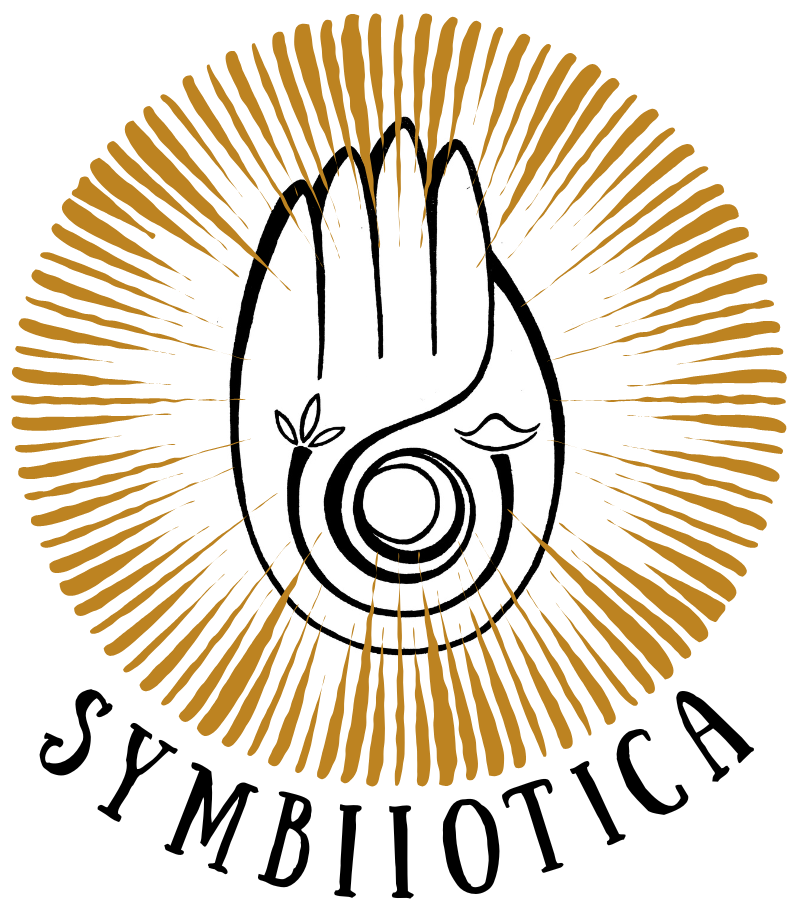Making magic in the dark- reflections on the loss of our bees
Our bees left the hive in November. Once the rains came and the winter cold slithered through the ridges, we noticed their soft hum slowly start dwindling. Many folks say one of the many reasons it’s been a hard past couple years for bees in this bioregion is because the plants aren’t producing as much nectar as usual, a repercussion of the perennial drought often unseen but felt by the sensitive pollinators of this place.
The fundamental reason why bees make honey is for food and medicine to keep the community nourished throughout the winter when they cannot forage. Due to this and so many variables beyond our understanding and control, the bees sought out new winter refuge. Then, without the warming vibration of their bodies and continual tending from the bees, ants started to come. This was a sign that it was time to begin anew.
When we opened the hive, we saw there wasn’t much honey in the combs, only about 1/4 of the top middle 3 frames were capped. This partially affirmed the thought that they probably left because they knew they wouldn’t have enough food reserves to last the winter.
With solemnness, acceptance, and reference we worked the hive into its component parts; clearing the old and making space for the new. We received deep, dark, citrusy-molasses honey from the combs and rendered the beeswax. We scraped the edges of the frames for propolis. Some of this will go back to the hive in the spring to create scent trains for new bees to make home. And some for us to deepen in home too; small, sacred quantities of food and medicine ~ nothing bridges sense of place like ones senses being informed by alchemized pollen and nectar from the lands of which we live. I can taste the heart of rosemary, the meyers lemon blossoms, the salvia, the calendula.
Much like fungi, bees spend most of their lives and work their magic in the dark. I am an apprentice to the bees; even more so in the very beginnings of my process of listening, observing and learning. Like I do with the soil, I put my ear to the hive and hear the hum of thousands of songs orchestrating to create the conditions conducive for thriving. I hear this in the soil, too, thousands upon thousands of voices and bodies pulsating; an unseen cosmos of sentient intelligence.
I listen, and from the ancient songs of altruism and collaboration, I hear a new world being born.



